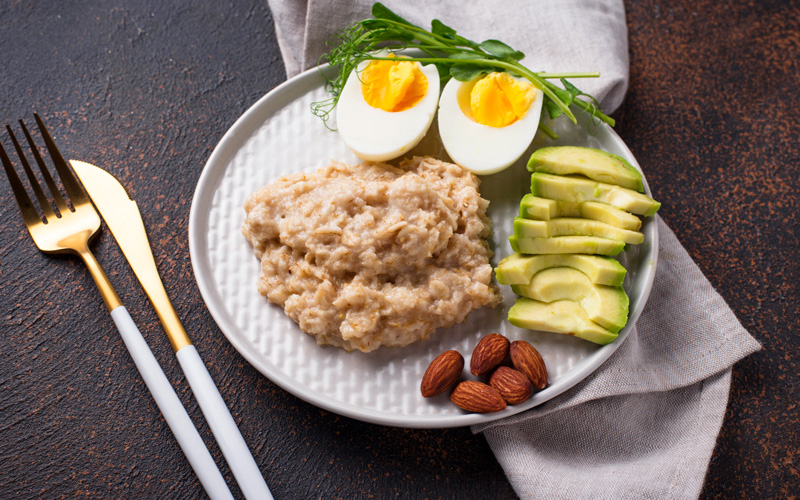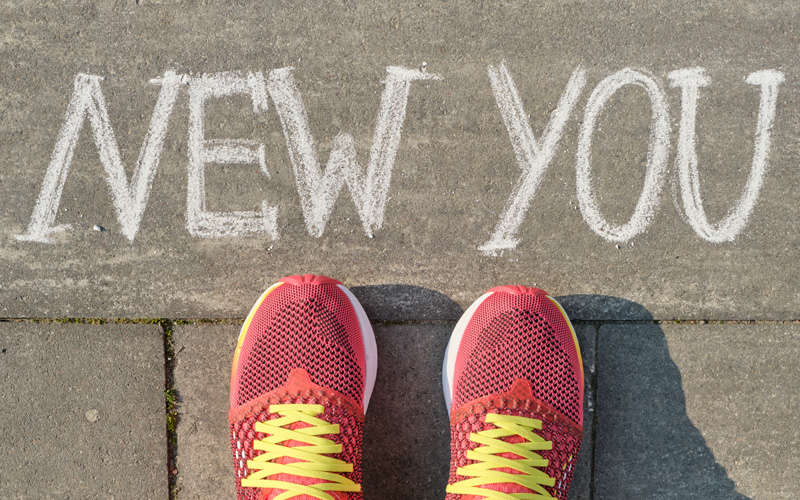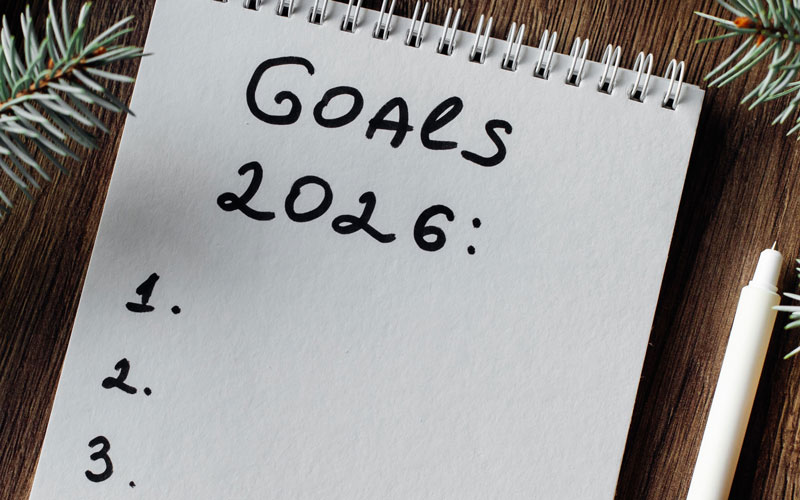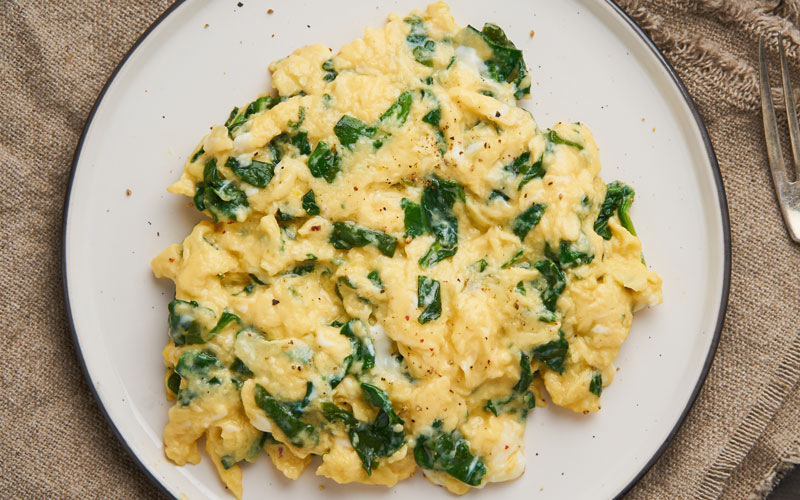
How to Increase Your Energy Through Diet
If you find yourself dragging through the day, reaching for a third cup of coffee by 2 p.m., your diet might be the hidden culprit—or the secret solution. Food is fuel, but not all fuel is created equal. What, when, and how you eat can have a major impact on your energy levels throughout the day. Here’s how to tweak your diet for sustained, natural energy without the crash.
1. Start Strong with a Balanced Breakfast
Skipping breakfast—or relying on sugary cereals or coffee alone—can set you up for an energy crash by midmorning. Instead, aim for a breakfast that combines:
- Complex carbs (like oats or whole grain toast) for long-lasting energy
- Protein (eggs, Greek yogurt, nut butter) to stabilize blood sugar
- Healthy fats (chia seeds, avocado) for fullness and brain fuel
2. Eat Regularly, Not Constantly
Long gaps between meals can lead to energy dips, while constant snacking—especially on processed foods—can lead to wacky blood sugar levels. Aim for:
- Meals every 4–5 hours
- Small, balanced snacks if needed (think: a handful of nuts and fruit, or hummus with veggies)
3. Prioritize Complex Carbs
Carbs are your body’s preferred energy source—but not all carbs are equal. Refined carbs (like white bread or pastries) can spike blood sugar and leave you drained. Complex carbs, on the other hand, provide slow-burning energy.
Go for:
- Brown rice and quinoa
- Whole grain breads and pastas
- Beans and lentils
- Fruits and starchy veggies
4. Stay Hydrated
Even mild dehydration can cause fatigue and headaches. And no, coffee doesn’t count. (Well, it sort of does, but water should still be your main focus.)
General rule of thumb: Aim for about half your body weight in ounces of water per day. More if you’re active or sweating a lot.
5. Don’t Forget Micronutrients
Deficiencies in certain vitamins and minerals—like iron, B vitamins, magnesium, and vitamin D—can cause low energy. Make sure your meals include:
- Leafy greens
- Nuts and seeds
- Whole grains
- Lean proteins
- A colorful mix of fruits and vegetables
If you’re concerned about deficiencies, talk to your healthcare provider or an RDN about possible supplementation.
6. Cut Back on Energy Drainers
Some foods might sneakily drain your energy:
- Added sugars: quick spike, fast crash
- Highly processed foods: often low in nutrients
- Too much caffeine: can disrupt sleep, leaving you more tired
- Alcohol: affects sleep quality even if it helps you fall asleep faster
Balance is key—you don’t have to cut them all out, but be mindful of how they affect your body.
Eat well. Move your body. Get enough sleep. And repeat.








